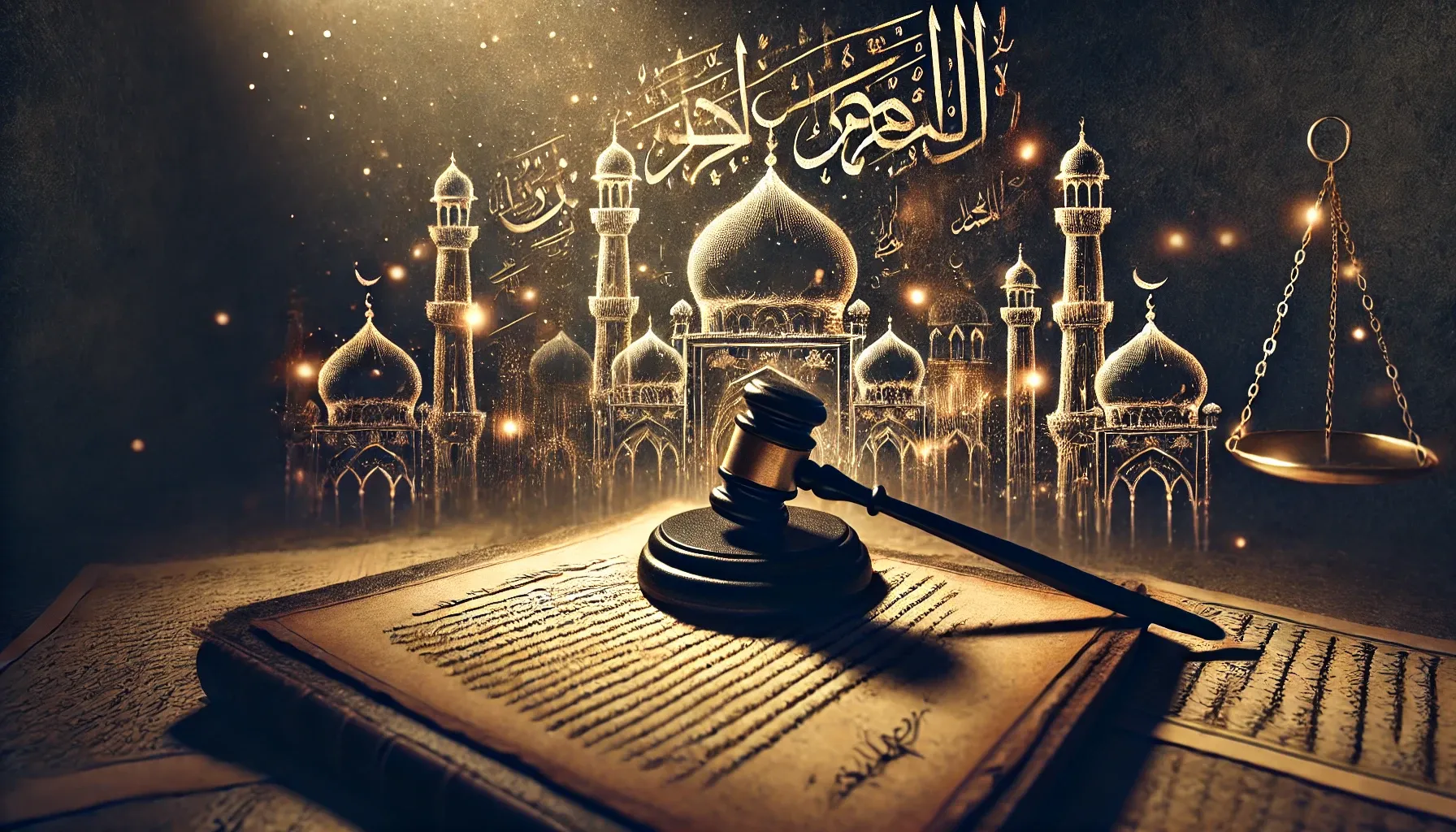UPSC
Indian Express Concise
Waqf Bill 2024: Key Controversial Amendments
Last Updated
25th March, 2025
Date Published
25th March, 2025
Share This Post With Someone

Context:
The Waqf (Amendment) Bill, 2024, introduced in the Lok Sabha, aims to reform the management of waqf properties in India but has sparked widespread debate. Critics argue it centralizes government control and undermines Muslim autonomy, while supporters claim it enhances transparency. The bill, referred to a Joint Parliamentary Committee (JPC), proposes significant changes to the Waqf Act, 1995, with implications for governance, property rights, and religious institutions.
Key Information Points:
- Non-Muslim Inclusion in Waqf Boards: The bill allows a non-Muslim Chief Executive Officer and at least two non-Muslim members on state waqf boards, with JPC amendments requiring appointees to be Joint Secretary-level officers with knowledge of Muslim law. Critics see this as interference in religious affairs.
- District Collector’s New Role: The power to decide if a property is waqf or government-owned shifts from the Waqf Tribunal to the District Collector (amended to a senior state officer by JPC). Critics fear bias favoring government claims in disputes.
- Elimination of ‘Waqf by User’: The bill removes the provision recognizing properties as waqf based on long-term use, requiring formal documentation. This could jeopardize undocumented waqf properties, raising ownership disputes.
- Mandatory Central Database Registration: All waqf properties must register on a central portal within six months, with non-registration barring legal recourse in disputes. JPC amendments allow Waqf Tribunals to extend timelines, but discretion remains unclear.
- Waqf Tribunal Changes: The tribunal’s composition shifts from three members (including a Muslim law expert) to two—a judge and a Joint Secretary-level officer—removing the expert requirement. Appeals can now go to High Courts, reducing tribunal finality.
- Government’s Rationale: Proponents argue these changes address mismanagement, enhance transparency, and reduce disputes by empowering state oversight and digitization.
- Opposition Concerns: Critics, including Muslim bodies and opposition parties, view it as an attack on religious autonomy, potentially enabling government appropriation of waqf lands, especially with elections looming.
- JPC Modifications: Of 44 amendments proposed, 14 were accepted (e.g., senior officer replacing District Collector, flexible registration timelines), balancing some concerns but retaining core contentious provisions.
- Broader Implications: The bill aligns with centralized governance trends but raises questions about consistency with laws governing other religious endowments (e.g., Hindu trusts), fueling debates on equity and secularism.
Key Terms:
- Waqf: Property dedicated under Muslim law for pious, religious, or charitable purposes.
- Waqf Tribunal: Body adjudicating waqf-related disputes, now with reduced autonomy.
- Waqf by User: Recognition of waqf status through prolonged use, now eliminated.
- District Collector: Local administrative officer, now pivotal in property disputes.
- Central Waqf Council: Advisory body overseeing waqf management, now including non-Muslims.
- Joint Parliamentary Committee (JPC): Panel reviewing the bill, approving select amendments.
Link To The Original Article – https://indianexpress.com/article/explained/explained-five-contentious-changes-proposed-by-the-waqf-bill-2024-9904138/